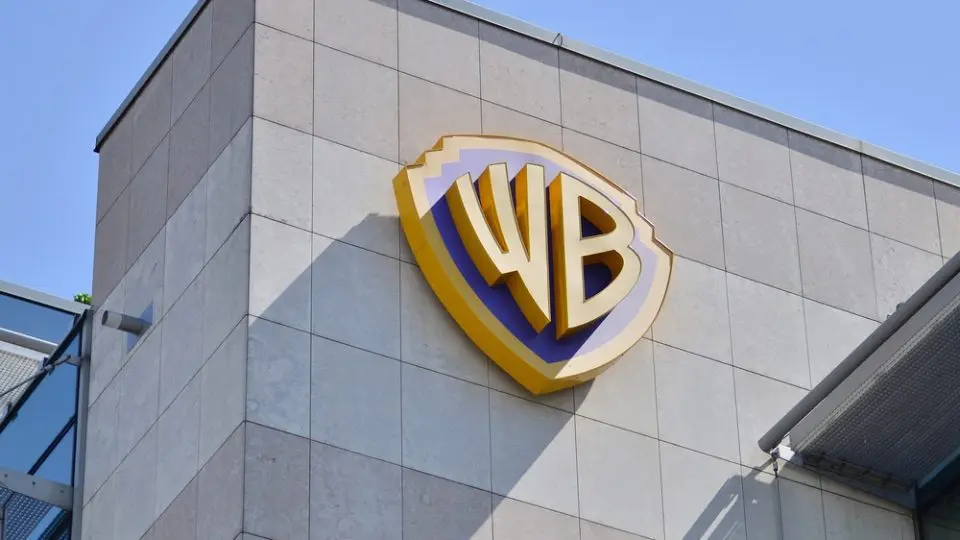Digital storefront cleansing leaves thousands wondering what to do with their disposable income

The great digital purge
In a move that has baffled many and left others scratching their heads, Warner Bros. Discovery has initiated what industry insiders are calling “the great digital purge.” Through an ambitious and highly debated decision, the company has begun delisting several beloved Cartoon Network titles from digital platforms. While it may seem like a standard business practice, this bold move has created an uproar among fans and experts alike, raising questions about the future of digital entertainment, ownership, and access to content.
The vanishing act
The delisting saga began with a quiet yet impactful move: fan-favorite titles such as Adventure Time, Finn and Jake’s Epic Quest and Steven Universe, Save the Light were suddenly pulled from digital storefronts. This announcement came with little fanfare but was quickly noticed by Steam users, who were greeted with the news that these games would no longer be available for purchase after December 23, 2024. The timing, during the holiday season, served as an ironic reminder of the fleeting nature of digital content.
The choice to delist these popular games has left many consumers in disbelief, as both franchises have been critical and commercial successes, gaining devoted fanbases over the years. In an era where nostalgic content reigns supreme, the decision to remove these titles from the digital marketplace adds an extra layer of confusion, especially considering that fans were under the assumption that these games would be accessible indefinitely.
Survivors of the digital apocalypse
While Warner Bros. Discovery’s purge has left some titles to fade into digital oblivion, a few survivors remain. Cartoon Network Journeys VR and Monsters Ate My Birthday Cake have somehow managed to avoid the dreaded delisting process—at least for now. These titles stand as the lone survivors in a landscape that has otherwise seen an expulsion of cherished games.
The survivors serve as a bittersweet reminder that not all is lost in the great digital purge. However, this raises the question of what makes these particular titles exempt from the sweeping changes. Could they be part of a broader strategy to focus on fewer, higher-performing titles, or are they simply holding out for another round of financial success? With the delisting trend sweeping through the company’s catalog, it’s clear that Warner Bros. Discovery’s long-term plans are still shrouded in mystery.
The silent treatment
One of the most striking aspects of Warner Bros. Discovery’s approach to the delisting of these Cartoon Network games has been their commitment to silence. The company has remained tight-lipped about the reasons behind the decision, offering no official explanation to the gaming community. This communication vacuum has led to rampant speculation among fans and industry experts, who have crafted a variety of theories—both rational and outlandish.
Some believe that the company is consolidating resources and focusing on a smaller, more profitable catalog of titles, while others entertain the notion that there may be a deeper strategic or financial reason behind the delisting of these games. A few even joke that time-traveling cartoon characters may be involved in a larger conspiracy, with certain games being sent to the past or future for a different generation of players to enjoy.
The lack of transparency has only fueled the uncertainty surrounding Warner Bros. Discovery’s digital strategy. As a result, the silence from the company continues to resonate as a key element in this ongoing narrative. The absence of information has undoubtedly contributed to the buzz around the delisting phenomenon, with many fans eagerly awaiting some sort of official communication from the company.
Historical context and future implications
The delisting trend has affected games spanning nearly a decade of digital content. Titles like Adventure Time: Finn and Jake’s Epic Quest, released in 2014, and Steven Universe: Unleash the Light, which debuted in 2021, are part of this vast spectrum of content. The company’s decision to remove these games signals a drastic shift in the way they approach the long-term availability of digital products.
This delisting process serves as a stark reminder that, in the digital age, ownership of content is fleeting. What was once accessible to consumers as a permanent purchase is now subject to the whims of corporate strategy. This development may have broader implications for the future of digital media, especially as more content becomes exclusively available on digital platforms.
Moreover, this trend seems to indicate that Warner Bros. Discovery is prioritizing certain types of content while letting others slip through the cracks. The question is whether this decision will create a lasting impact on the gaming community, potentially leading to a broader re-evaluation of digital content ownership. With more companies moving towards subscription-based models, the delisting of these titles may be the first step in a larger trend of reducing the consumer’s sense of permanence in their digital purchases.
The broader entertainment ecosystem
The timing of the delisting is also significant in relation to Warner Bros. Discovery’s broader business strategy, which includes shutting down the Cartoon Network website. The company’s effort to consolidate its digital platforms points toward a more focused, streamlined approach to content management. By trimming down its catalog, Warner Bros. Discovery could be positioning itself for future ventures that prioritize higher-margin products, such as subscription services or exclusive content partnerships.
In this context, the delisting can be seen as part of a larger strategy to reshape the digital entertainment landscape. It is no longer just about offering games for purchase; it’s about creating an ecosystem where access is controlled through a central hub, be it a streaming service, a subscription model, or a rotating catalog of exclusive titles. The delisting of these games could be seen as an effort to move away from the traditional model of ownership in favor of a more fluid, flexible approach to content consumption.
The delisting phenomenon and its impact
The delisting of these Cartoon Network games underscores the fragility of digital ownership. As more of our favorite content moves online, the line between owning something permanently and having temporary access becomes increasingly blurred. This shift has major implications for consumers, many of whom were under the impression that their digital purchases would grant them lifetime access to the games they love.
In the wake of Warner Bros. Discovery’s decisions, fans and industry experts alike are left to wonder what the future holds for digital content. Will other companies follow suit and begin to prioritize limited availability over permanent access? How will consumers respond to the growing realization that their digital libraries are far less secure than they once thought? The delisting trend is likely to continue making waves, prompting further conversations about the future of digital media and its accessibility.














